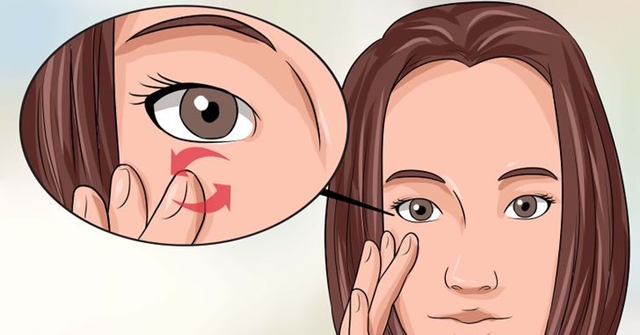Most of us know what eye twitching is about; in fact, we’ve all dealt with it at some point in our lives. Eye twitching occurs quite unexpectedly – you can be watching TV, reading or cooking when you feel a sudden unexpected movement of your eyelid normally. What you feel is a muscle spasm or nerve jump in the area around your eye. Eye twitching is not life-threatening, but it can point to some serious health issues. Also, it can be really irritating.
Science defines eye twitching as ‘a repetitive, uncontrollable blinking or spasm of the eyelid, usually on the upper lid.’ This eye muscle spasm can affect one or both eyes and can last anywhere from a few seconds to a couple of minutes. Rarely, the eye twitch can continue on and off for a couple of days before disappearing on its own.
What causes eye twitching?
There’s no specific answer as to what causes eye twitching. It’s usually linked to stress and fatigue, but also to excessive amounts of caffeine, tobacco and alcohol. Eye twitching can also be caused by dry eyes, excessive eye strain, allergies, or irritation of the eye or the eye membrane. Often, it occurs without a specific cause. In general, these eye spasms are harmless and painless.
On the other hand, there are cases when eye twitching is caused by some type of neurological disorder, such as blepharospasm (an abnormal blinking or spasm of the eyelids) or amyotrophic lateral sclerosis (ALS), more commonly known as Lou Gehrig’s disease. Blepharospasm, which is more typical of women than men, normally develops in mid to late adulthood. Only in the US, there are around 2,000 new cases every year. Although not serious, the condition can worsen if undetected leading to light sensitivity, blurry vision and muscle spasms on the entire face. In the worst cases, the eye spasms can even close the eyelids for several hours.
If you experience any of the following symptoms, consult an ophthalmologist as soon as possible:
If your eye spasms last more than a week;
If the spasms shut your eyelid completely;
If spasms affect your entire face;
If your eyes swell, redden or there’s eye discharge;
If your upper eyelid starts drooping.
A prompt visit to a doctor will rule out any possibility of a neurological disorder. If, however, there’s a risk of one, you’ll be referred to a neurologist or other specialist.
If the underlying cause of your twitching is not a neurological disorder, you should try to deal with the issue by reducing your exposure to stress and your caffeine intake. Getting more quality sleep is also extremely beneficial. Optionally, you can try hot and cold compresses to relax the eye muscles. If you’re open for a more alternative approach, acupuncture and massage can also reduce the discomfort.
